Life is moving pretty fast for founders and investors working in agtech.
Recent years have seen record flows of capital into agrifood, driven in part by agriculture potential to provide climate solutions. And the massive disruptions of COVID-19 meant developed markets received a historic taste of what changes will be needed in a world impacted by climate change and further uncertainty.
So, how have the last few years impacted agtech founders looking to raise capital, and investors on the lookout for opportunities with impact?
For this bonus episode, Tenacious Ventures’ Partners Sarah Nolet and Matthew Pryor asked a group of founders and investors to share what they’ve learned and observed about the state of agtech investing in 2022. As a dedicated agrifood venture fund “born in the teeth of COVID-19”, Sarah and Matthew also offer their take on what has changed and what has stayed the same as we look to the future.










